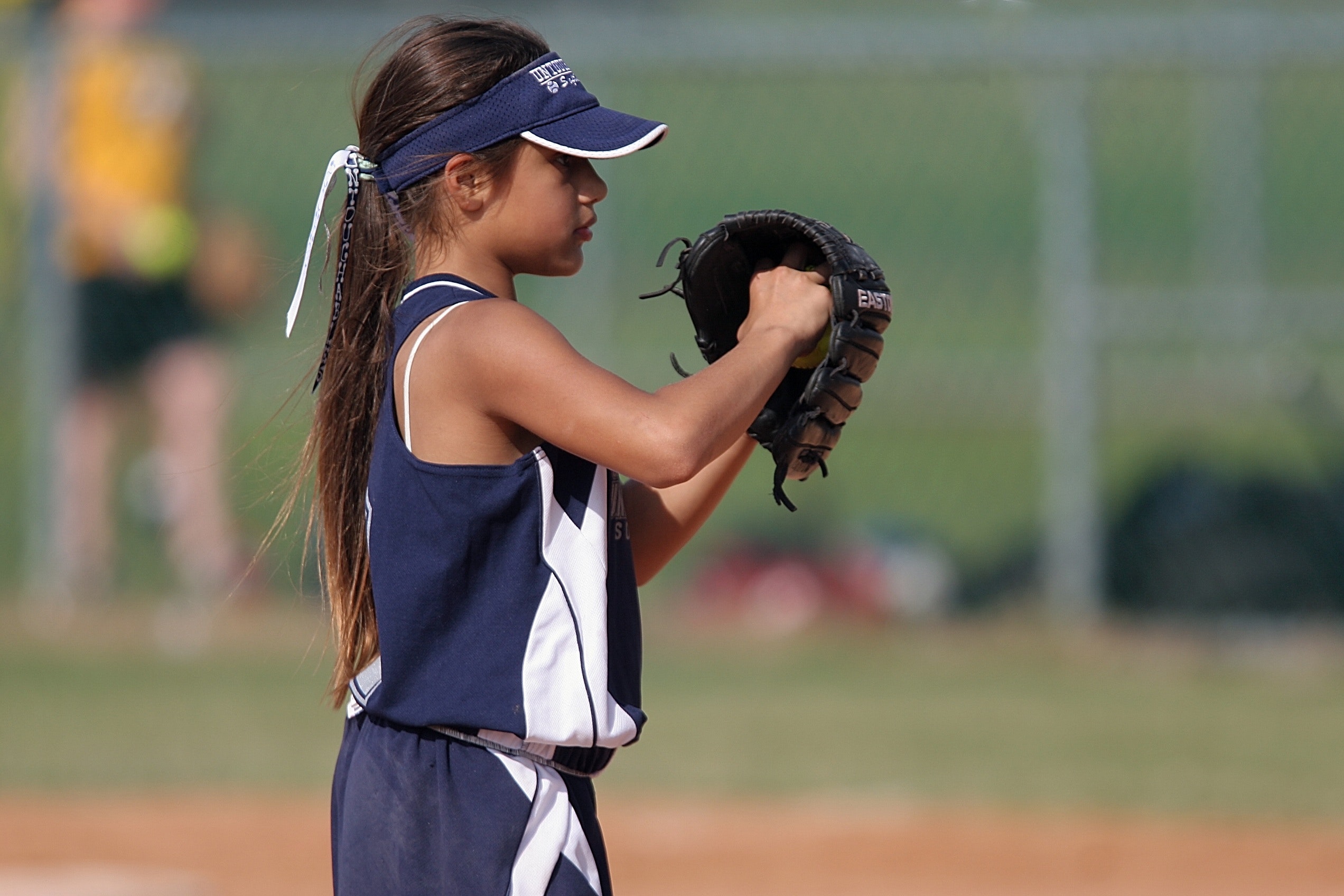
Is It OK if my Child Doesn’t Play a Sport?
 There can be a lot of pressure for kids and teens to partake in activities that are considered “normal” for their age. After all, shouldn’t all kids play sports?
There can be a lot of pressure for kids and teens to partake in activities that are considered “normal” for their age. After all, shouldn’t all kids play sports?
We get into trouble when we paint with a broad brush; it’s important to understand each child’s unique skill set and particular talent.
While playing a sport can certainly be a great thing for young people, it is anything but a necessity. Keep reading to explore some of the logic behind being careful not to make generalizations about all kids.
Talent Manifests in Many Different Ways: If we were all great at sports, there’d be about a hundred teams in each division of each professional sports organization. It’s corny but we kind of are all like snowflakes, unique in our talents and skill sets. Fencing our kids into only one type of after-school activity robs them of exploring their personal interests and talents. Some kids are awesome athletes, but others are amazing at music, debate, math, robotics, writing, advocacy, and on and on. Though glamorous, sports are not the only venue on which to display talent and we owe it to our kids to remember that and to encourage their talents wherever they may lie.
Consider the Mental and Emotional Factors: For some young folks, intense athletic competitions and events can actually be stress-inducing and produce negative emotions. The immense pressure to succeed and to excel sometimes runs counter to a child’s actual developmental level. A 13-year-old, for instance, is attempting to build self-esteem and to feel a sense of belonging, so forcing him into competition may not always be the best thing for his healthy emotional and mental development. Undoubtedly, there are other options, such as, and not limited to, clubs, intramural sports (which can be more casual and less stressful than formal ones), service organizations, and community youth groups. When we put all our kids’ extracurricular eggs into the basket of sports, we ignore some of the other great opportunities that are out there and that may, in fact, be healthier options.
Don’t Compare, Don’t Assume: On any team or in any organization, there are going to be standout members, those that will go on to all-star teams and high-level positions. If you play the percentages, though, you realize that those folks, though highly noticeable, are pretty rare. Theodore Roosevelt told us that “comparison is the thief of joy,” and if there’s any part of life that should be full of joy and adventure, it’s childhood. When we compare our kids to others with different skill sets, we run the risk of stealing some of their happiness.
What are the Physical Implications? Just as we need to think about the emotional components of athletics, we must also consider the physical implications. Injuries are common in sports, and I’ve worked with students who’ve suffered multiple concussions and broken bones. This is not to suggest that playing sports is inherently dangerous, but rather that it’s important to keep a child’s physical well-being in mind. Young peoples’ bodies are in the process of growing and sometimes this is an important factor in what sports they play or in whether they play one; for instance, a child with a slight build who has not yet hit puberty might be safer and do better running track than playing football. The idea is to preserve physical health in any activities our kids undertake and to understand that this should trump other considerations.
What’s Good for the Goose (isn’t necessarily good for the gander): Ok, so you were the star quarterback on your high school football team; doesn’t it stand to reason that your kid should follow in your footsteps? Ask country singer Tim McGraw…his dad was a long-time star relief pitcher for the New York Mets and Philadelphia Phillies—a certified “jock.” Tim found his way into a very different field and he’s done ok, selling a measly 40 million albums. Tragically, sometimes schools emphasize athletics at the expense of performing arts and music—if Tim McGraw is any proof, this is a belief that simply should not exist in our schools. Just a case in point that what’s good for the goose…well, you get it.
There are a Lot of Ways to Impress: Some parents worry that without an athletic resume, a student will appear less desirable to a college. In truth, there are a ton of ways to tell a potential college that a student is multitalented. In fact, many schools value academic extracurriculars just as much as athletic ones: activities like student newspaper, cultural clubs, debate team, community service organizations, and student government allow to show off your mental athleticism and carry just as much weight as athletic endeavors.
Athletics are highly valued by our society, but sometimes, at the expense of other things. Let’s remember to celebrate every child’s unique talents whether or not they manifest on the gridiron or at the debate podium.
Written by Phil Lane
Interested in working with a private tutor? Contact us today to learn how our tutors can help you prepare for essential college tests such as the ACT or SAT.
RELATED POSTS
Why Extracurricular Activities are Important



